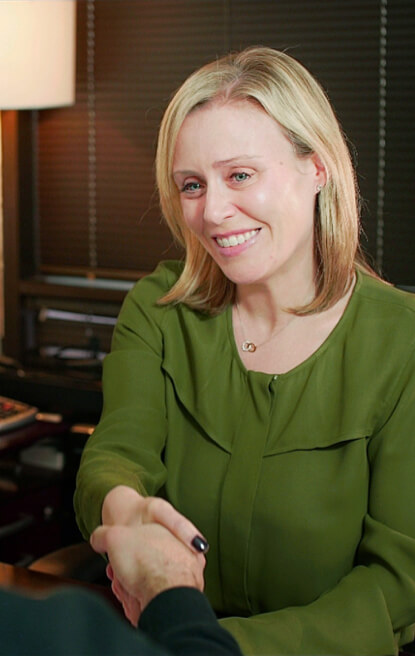Caring for a loved one with a disability can be both rewarding and challenging, often requiring significant time and resources. Understanding the intricacies of Social Security Disability (SSD) law is crucial for caregivers, as it can have a profound impact on the financial well-being and stability of the individual they care for. In this article we’ll explore key aspects of SSD law that every caregiver should be aware of to ensure they can provide the best support for their loved ones.
What Every Caregiver Should Know About Social Security Disability Law
- Qualifying Conditions: Social Security Disability benefits are designed for individuals with severe medical conditions that prevent them from engaging in substantial gainful activity. Caregivers should be familiar with the list of qualifying conditions outlined by the Social Security Administration (SSA). Conditions range from physical impairments to mental health disorders, and a comprehensive understanding can help caregivers advocate for their loved ones.
- The Application Process: Navigating the SSD application process can be complex. Caregivers should be proactive in gathering all necessary medical records, treatment history, and other documentation that supports the disability claim. Ensuring a thorough and accurate application can significantly improve the chances of a successful claim.
- Caregiver as a Representative: Caregivers can act as the authorized representative for the individual with a disability. This role involves assisting with the application process, communicating with the SSA, and representing the claimant at hearings. Being a knowledgeable and effective representative is vital for streamlining the application process.
- Understanding the SSD Evaluation Process: The SSA employs a sequential evaluation process to determine eligibility for SSD benefits. Caregivers should familiarize themselves with the criteria used to assess disability claims, including the severity of the condition, the ability to perform previous work, and the capacity to engage in other forms of substantial gainful activity.
- Medical Evidence and Documentation: Comprehensive medical evidence is crucial for a successful SSD claim. Caregivers should ensure that medical records accurately reflect the severity of the disability, including diagnoses, treatment plans, and any limitations the individual faces in daily activities. Regular updates of medical records are essential to maintaining the validity of the claim.
- The Role of Caregivers in the Appeals Process: In cases where an initial SSD claim is denied, caregivers play a vital role in the appeals process. Understanding the reasons for denial, gathering additional evidence, and presenting a strong case during an appeal are essential steps. Caregivers should be prepared to assist in navigating the complex appeals process and work closely with legal professionals if necessary.
- Potential Benefits for Caregivers: In some cases, caregivers may be eligible for certain benefits, such as dependent benefits or spousal benefits. Understanding these potential sources of support is crucial for caregivers seeking to provide the best care for their loved ones while also addressing their own financial needs.
Disability Attorney
Navigating the intricacies of SSD law can be challenging. Caregivers can reach out to the experienced attorneys at Disability Advocates for assistance. Contact us today.


